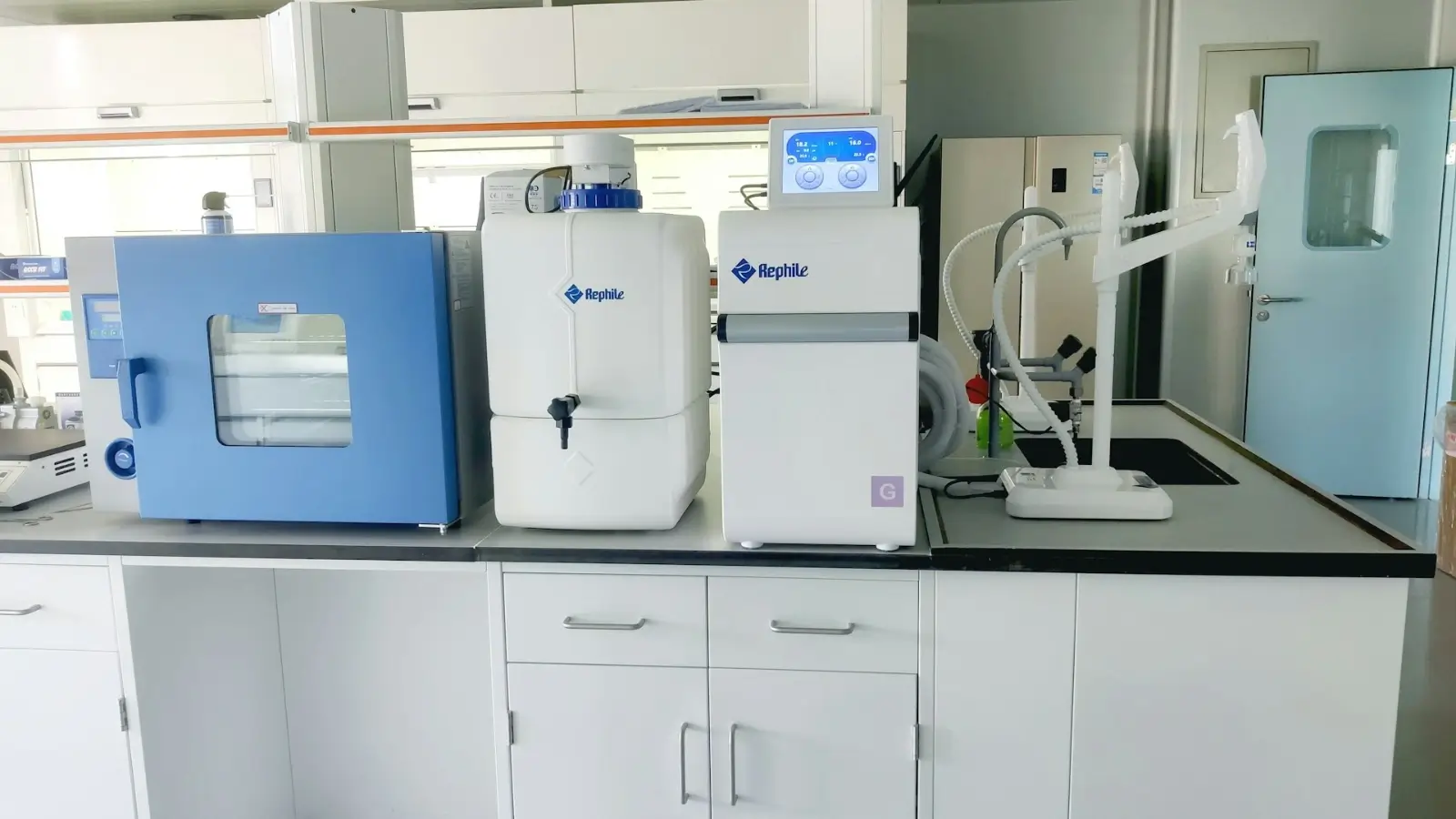The United States is facing a significant rise in mental health issues among teenagers, with rates of depression, anxiety, and suicidal thoughts increasing at an alarming pace. According to a recent report from the Centers for Disease Control and Prevention (CDC), nearly one in three teenage girls have seriously considered suicide, and 13% have attempted it. The COVID-19 pandemic, increased smartphone and social media use, and a shortage of mental health professionals have all been cited as contributing factors.
In response to this crisis, Jake Sussman, one of the co-founders of the unicorn-size mental health network Headway, is pioneering a new solution through his startup, Marble. After leaving Headway two years ago, Sussman took on a role as a fifth-grade English teacher at a charter school in Brooklyn. This experience provided him with firsthand insight into the shortcomings of the current mental health care system for children.
"The counselors are overwhelmed," Sussman observed. "They have massive caseloads and often can only provide families with physical PDFs of clinics that have long wait lists." He shared the story of Jamelia, an orphan who fell into depression after her best friend left the school. Covered by Medicaid, Jamelia had to wait three months to see a therapist, highlighting the urgent need for more immediate and accessible care.
Sussman realized that group therapy could be a viable solution to address the shortage of mental health professionals. "Group care has been around for a long time and has been rigorously studied. It works," he said. Despite its effectiveness, group therapy is not widely offered due to the administrative challenges it presents. Coordinating schedules and verifying insurances for multiple participants is often too cumbersome for private practitioners.
Marble aims to overcome these logistical hurdles by offering online group therapy for children in grades five through twelve. "If you have two groups, one with 17-year-old girls with anxiety and another with 17-year-old girls who are Hispanic, identify as LGBTQ, and have anxiety, the second group will be much more effective because it's more specific," Sussman explained. "Such specific groups are virtually impossible to organize in person."
Launched late last year with co-founder Dan Ross, Marble recently announced it has raised $5 million in seed funding from Khosla Ventures, Town Hall Ventures, IA Ventures, Daybreak Ventures, and Lorimer Ventures. Unlike other school-focused teletherapy startups such as Hazel, Daybreak, and Cartwheel, which partner directly with school districts, Marble works with school counselors who have the authority to make referrals. This approach bypasses the limited and often unstable budgets allocated for student mental health by school districts.
Marble's services are economically viable through insurance partnerships, including Medicaid, which pays at least $20 per child for a group session. "With 10 kids in a group, we can make $200 for that hour, allowing us to pay the therapist competitively and still build the business," Sussman noted. Marble tested this model successfully with a school in New York City and plans to expand its reach to hundreds of counselors across New York State in the upcoming school year.
"Counselors see the magic of not having wait lists," Sussman said. "They realize it's much better than what they’re currently using." Marble’s vision extends beyond New York, with plans to expand to other states, aiming to provide timely, effective, and accessible mental health care for adolescents nationwide.
As the nation grapples with a teen mental health crisis, innovative solutions like Marble offer a beacon of hope. By leveraging group therapy in an online setting, Marble not only addresses the shortage of mental health professionals but also ensures that more teens receive the care they need without the long wait times that currently plague the system.

















